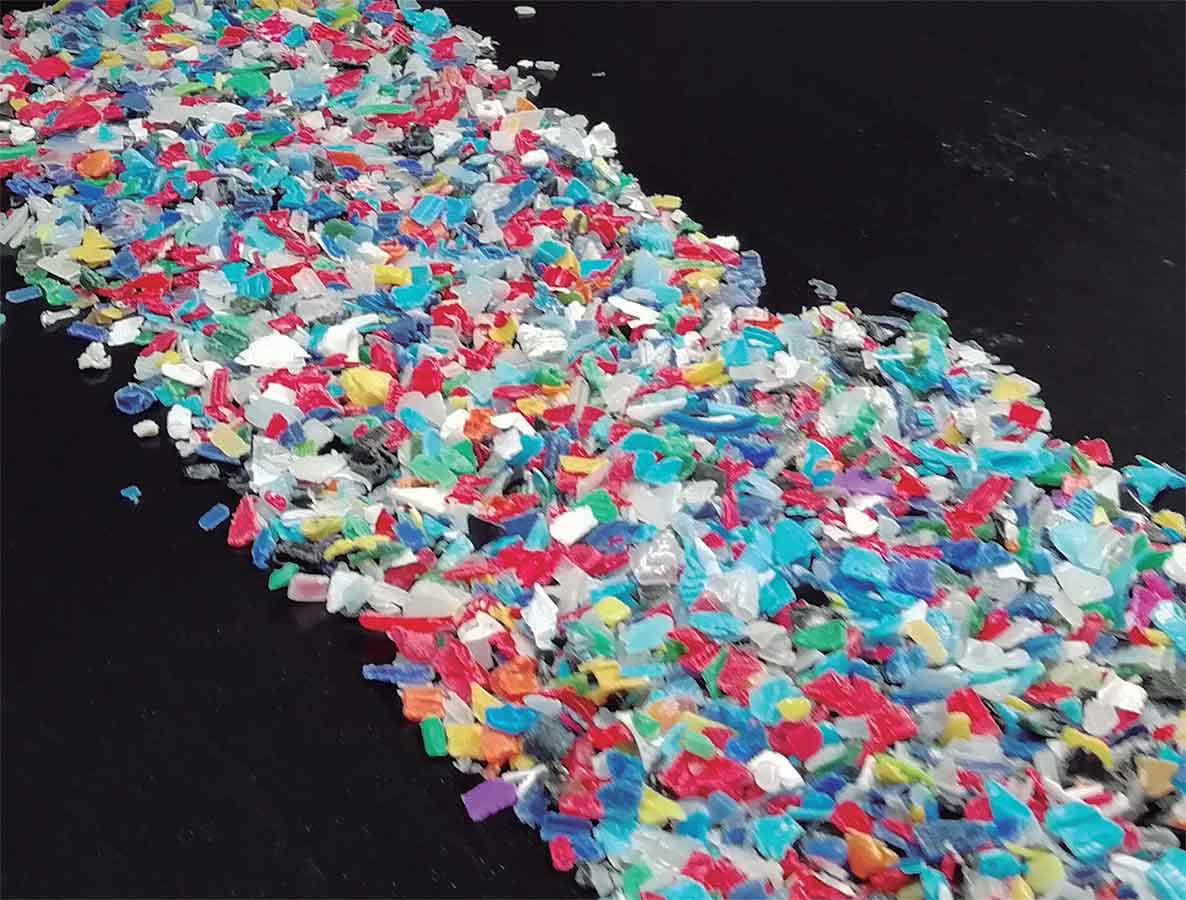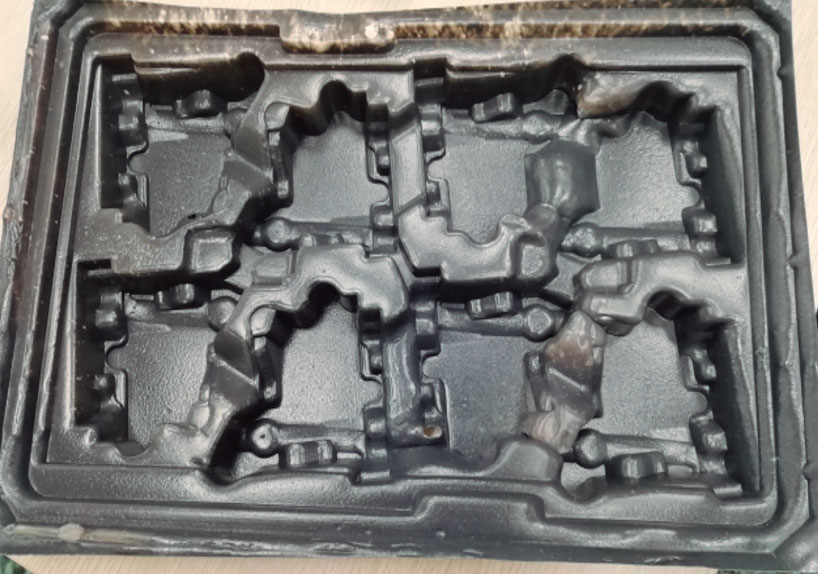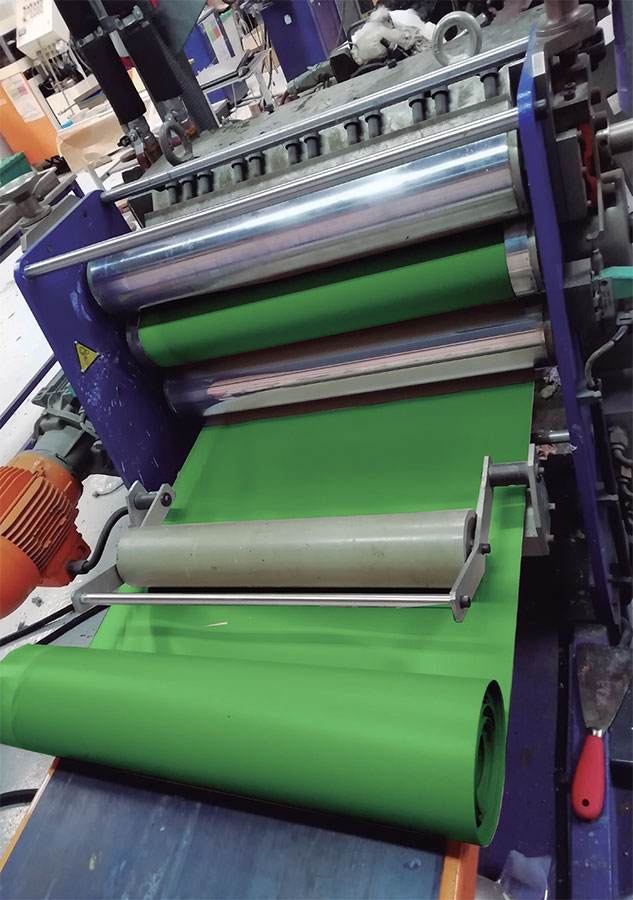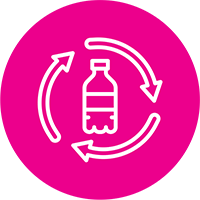RECLAM
DEVELOPMENT OF INDUSTRIAL PACKAGING FILM BASED ON RECYCLED PLASTIC
DIVERSE WASTE PLASTIC STREAMS FOUND IN THE BASQUE COUNTRY are made up of high-quality materials which could have a second life if the necessary pre-treatment processes were properly conducted.
In the RECLAM project, GAIKER, a Technology Centre specialised in materials recycling has worked with PLASNOR, a company specialised in extrusion and thermoforming in the plastics sector, and LANTEGI BATUAK, an organisation for social inclusion and cohesion.

DRIVING FACTOR



 OBJECTIVES
OBJECTIVES
- Select plastic waste streams available at the Basque Country of potential interest for thermoforming film manufacturing.
- Design and implementation of the necessary pre-treatment operations in each case.
- Obtain pilot samples of industrial packaging film to study implementation feasibility.
 RESULTS
RESULTS
- Selection and use of waste polyolefi n streams from fishing nets, polypropylene (PP) from post-consumption caps, polypropylene from industrial waste, and mixed nets and caps.
- Optimisation of waste plastics pre-treatment and treatment techniques for the selected streams, including washing, shredding, laminating, extruding and pelletising, and calendering, depending on the case and need.
- Successful completion of thermoforming tests on a single mould.
- Potential savings of 50 tonnes per year of PP currently purchased as virgin raw material, and 80 tonnes per year of CO2 equivalent.
- Estimated cost reduction of 25% in the final product.
 CONCLUSIONS
CONCLUSIONS
- An attempt must be made to try to improve flowing properties with compatibilisers and additives.
- The use of industrial scraps from styrene plastics could, in theory, lead to better thermoforming film due to polystyrene intrinsic properties as opposed to polypropylene and other polyolefins.
- Using industrial waste materials is far more cost-effective than from post-consumer sources. The streams and availability of industrial waste material are better known and age less. This allows for a lower investment in recovery (from formulation) and greater guarantee to achieve the technical requirements demanded by a specific application.
- Industrialisation requires the creation of a mould probably by 3D printing, which will be subsequently used for thermoforming a rigid plastic part with a commercial films and finally casting polymer concrete inside the thermoformed part to obtain the final prototype mould.
- The material price impact on the end product price may vary slightly depending on the thickness required, and given that the cost of the material accounts for approximately 75% of the end product price, introducing recycled materials is a very attractive idea.
ENVIRONMENTAL
TECHNICAL
ECONOMIC
COMMERCIAL
ON THE MARKET


